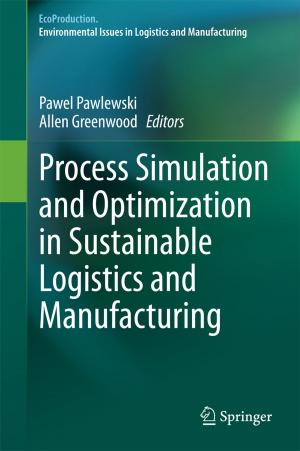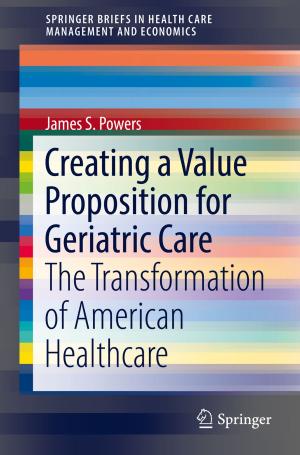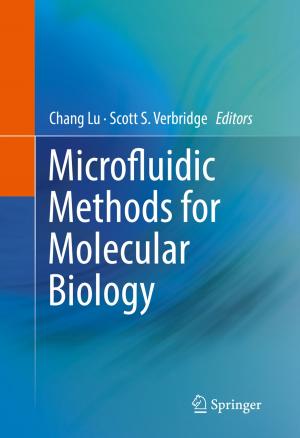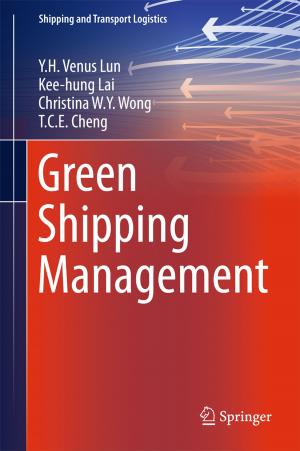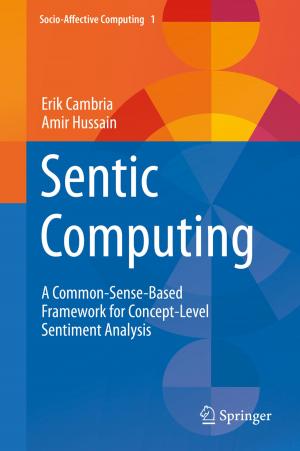Materials and Processes
for Spacecraft and High Reliability Applications
Nonfiction, Science & Nature, Technology, Material Science, Aeronautics & Astronautics| Author: | Barrie D. Dunn | ISBN: | 9783319233628 |
| Publisher: | Springer International Publishing | Publication: | December 29, 2015 |
| Imprint: | Springer | Language: | English |
| Author: | Barrie D. Dunn |
| ISBN: | 9783319233628 |
| Publisher: | Springer International Publishing |
| Publication: | December 29, 2015 |
| Imprint: | Springer |
| Language: | English |
The objective of this book is to assist scientists and engineers select the ideal material or manufacturing process for particular applications; these could cover a wide range of fields, from light-weight structures to electronic hardware. The book will help in problem solving as it also presents more than 100 case studies and failure investigations from the space sector that can, by analogy, be applied to other industries. Difficult-to-find material data is included for reference. The sciences of metallic (primarily) and organic materials presented throughout the book demonstrate how they can be applied as an integral part of spacecraft product assurance schemes, which involve quality, material and processes evaluations, and the selection of mechanical and component parts.
In this successor edition, which has been revised and updated, engineering problems associated with critical spacecraft hardware and the space environment are highlighted by over 500 illustrations including micrographs and fractographs. Space hardware captured by astronauts and returned to Earth from long durations in space are examined. Information detailed in the Handbook is applicable to general terrestrial applications including consumer electronics as well as high reliability systems associated with aeronautics, medical equipment and ground transportation. This Handbook is also directed to those involved in maximizing the relia
bility of new materials and processes for space technology and space engineering. It will be invaluable to engineers concerned with the construction of advanced structures or mechanical and electronic sub-systems.
The objective of this book is to assist scientists and engineers select the ideal material or manufacturing process for particular applications; these could cover a wide range of fields, from light-weight structures to electronic hardware. The book will help in problem solving as it also presents more than 100 case studies and failure investigations from the space sector that can, by analogy, be applied to other industries. Difficult-to-find material data is included for reference. The sciences of metallic (primarily) and organic materials presented throughout the book demonstrate how they can be applied as an integral part of spacecraft product assurance schemes, which involve quality, material and processes evaluations, and the selection of mechanical and component parts.
In this successor edition, which has been revised and updated, engineering problems associated with critical spacecraft hardware and the space environment are highlighted by over 500 illustrations including micrographs and fractographs. Space hardware captured by astronauts and returned to Earth from long durations in space are examined. Information detailed in the Handbook is applicable to general terrestrial applications including consumer electronics as well as high reliability systems associated with aeronautics, medical equipment and ground transportation. This Handbook is also directed to those involved in maximizing the relia
bility of new materials and processes for space technology and space engineering. It will be invaluable to engineers concerned with the construction of advanced structures or mechanical and electronic sub-systems.

